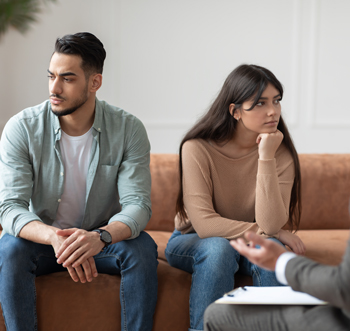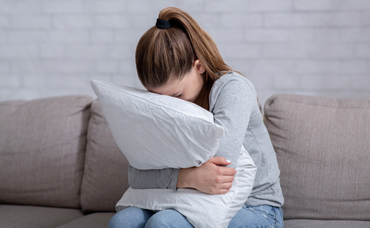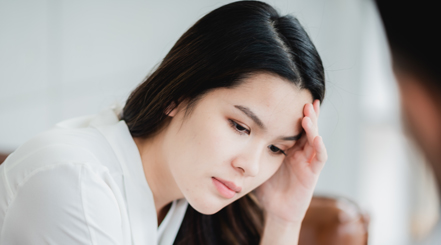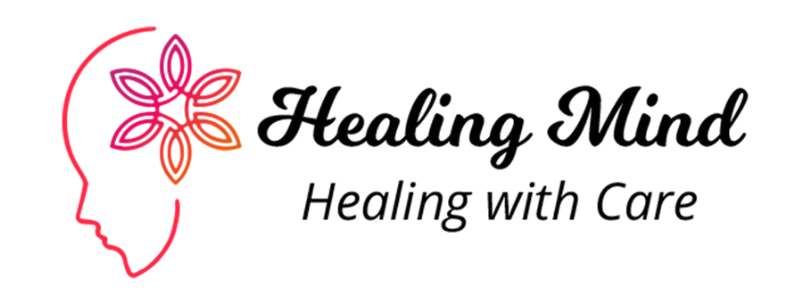Services Details
//
Get Our Help
Lorem ipsum dolor sit amet, do eiusmod tempor incididunt ut labore et dolore magna aliqua
+91 85910 46126

Relationship & Marriage Counseling
When two people decide to stay with each other, there can be a lot of differences and opinions along with certain expectations. When one cannot strike a balance between them, the problems start to arise. Relationship counselling can give you a non-judgemental space to express your concerns about your relationship and help you to build a healthy relationship with your partner.
Relationship counselling, also known as couples therapy or marriage counselling, is a form of therapy that focuses on improving the quality of relationships between partners. It involves meeting with a trained therapist or counsellor who specializes in working with couples to address various issues and challenges within their relationship.
The goal of relationship counselling is to provide a safe and supportive environment where couples can explore their concerns, improve communication, gain insight into their dynamics, and work towards resolving conflicts. The counsellor acts as a neutral third party, facilitating conversations and providing guidance to help couples navigate their difficulties and achieve healthier and more satisfying relationships.
There are several situations in which it may be beneficial to seek the assistance of a relationship counsellor. Here are some common indicators that it might be a good time to consider relationship counselling:
Communication breakdown: If you and your partner struggle to communicate effectively, frequently misunderstand each other, or have difficulty expressing your needs and concerns, relationship counselling can help improve your communication skills.
Persistent conflicts: If you find yourselves engaging in recurring arguments or unresolved conflicts that impact your relationship’s harmony and well-being, a counsellor can provide guidance and teach you conflict resolution techniques.
Financial conflicts: Disagreements over money management, financial goals, or spending habits.
Role and responsibility imbalances: Issues related to division of household chores, work-life balance, or unequal contributions.
Lack of intimacy or emotional connection: If you feel disconnected from your partner, have a diminished sense of emotional or physical intimacy, or have different needs and desires in this area, a counsellor can assist in rebuilding intimacy and fostering a deeper connection.
Life transitions or external stressors: Major life changes, such as becoming parents, relocating, or experiencing significant career shifts, can strain a relationship. Relationship counselling can help navigate these transitions and manage the associated stressors effectively.
Loss of affection or love: If you or your partner have lost feelings of affection or love for each other, but are open to exploring ways to rekindle those emotions, a counsellor can provide guidance and support in reigniting the spark.
Identifying patterns and dynamics: A counsellor can help identify recurring patterns or negative dynamics within a relationship. Often, couples get stuck in destructive cycles without realizing it. With the help of a professional, these patterns can be recognized and addressed, allowing for positive changes and growth.
Emotional support: Relationship counselling provides emotional support to couples going through challenging times. It can be comforting to have a trained professional guide and validate your experiences, helping you navigate through difficult emotions and offering coping strategies.
Strengthening emotional bonds: Counselling sessions can focus on enhancing the emotional connection between partners. The counsellor may suggest exercises or activities that promote intimacy, trust, and empathy. By investing in the emotional bond, couples can build a solid foundation for a healthier and more fulfilling relationship.
Pre-emptive support: Relationship counselling is not limited to couples in crisis. It can also be valuable for couples who want to strengthen their relationship before major issues arise. Regular counselling sessions can serve as a preventive measure, allowing couples to address minor concerns and maintain a strong connection.
Remember, the effectiveness of relationship counselling depends on the willingness and commitment of both partners to actively participate and work on their relationship. It’s essential to choose a qualified and experienced therapist who can guide you through the process effectively.
During counselling sessions, the therapist may use various therapeutic techniques and interventions to facilitate progress and promote positive change. These can include active listening exercises, role-playing, teaching effective communication skills, providing tools for conflict resolution, and offering guidance on building emotional intimacy.
It’s important to note that relationship counselling is not a guarantee of fixing all relationship problems or preventing a breakup. However, it can provide couples with valuable tools, insights, and strategies to improve their relationship and make more informed decisions about their future together.
//
Satisfaction Guarantee
Lorem ipsum dolor sit amet, consectetur adipiscing elit, sed do eiusmod tempor incididunt labore dolore.
//
Satisfaction Guarantee
Lorem ipsum dolor sit amet, consectetur adipiscing elit, sed do eiusmod tempor incididunt labore dolore.

Other Features
Lorem ipsum dolor sit amet consectetur elit eiusmod tempor incididunt.
- Behavior of your child
- Not being able to understand what your child wants to express
- Not being able to understand what your child wants to express
- Not being able to establish healthy communication with your child
- Troubles with teenagers

